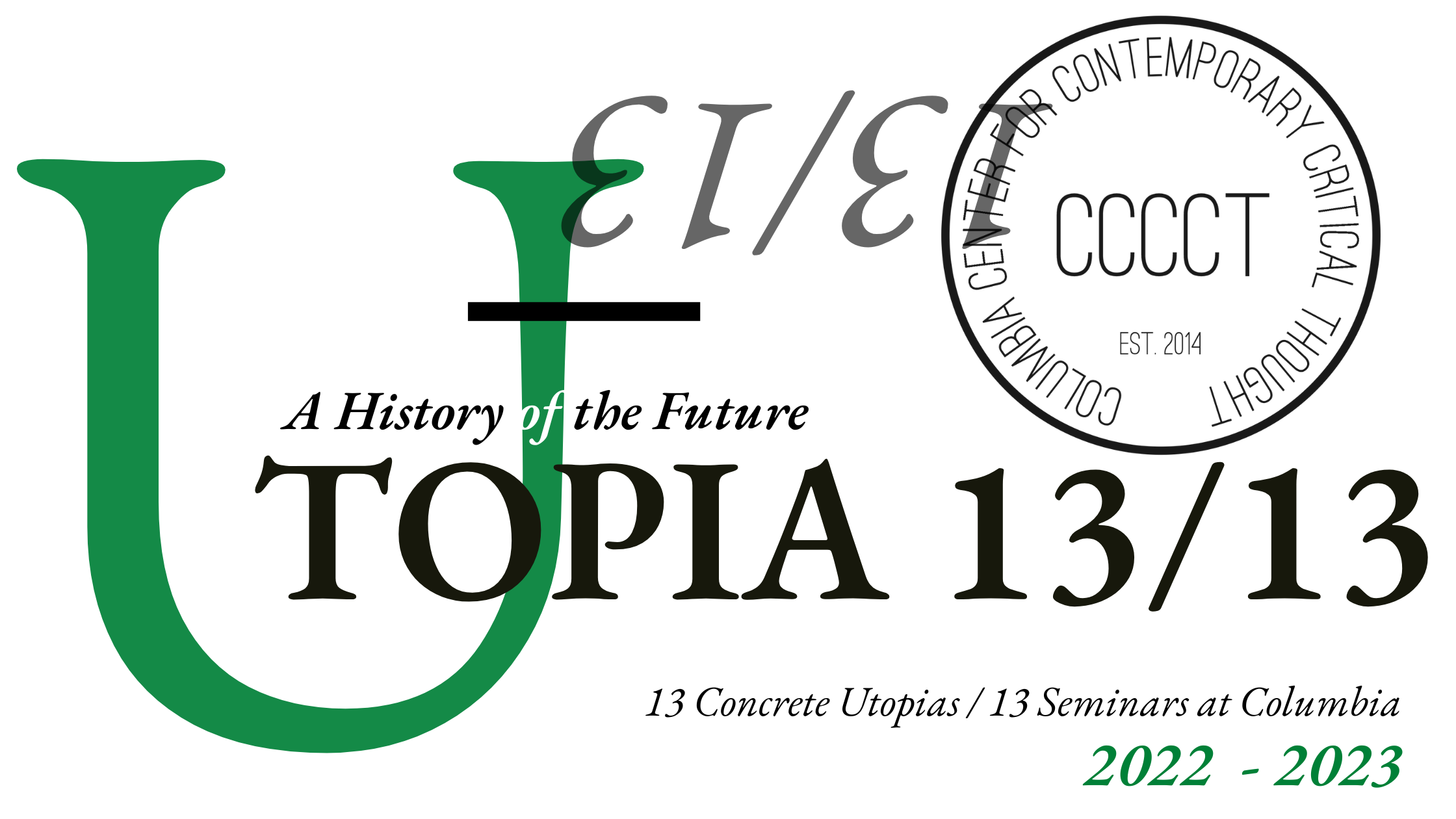By Che Gossett
There’s a wealth of interdisciplinary inquiry and study, weaving together cognitive science, political theory, biolinguistics, history (and much more!) as always, that you present readers and audiences through your work in general, and in the 2013 Dewey Lectures at Columbia in particular, Professor Chomsky. I wanted to just pause at one juncture in the brilliant adventure and itinerary of your lectures and reflect on what you mention so poignantly and trenchantly in just a few paragraphs of your wide ranging, and profound, contribution.
“But the concept of person was sharply circumscribed. It plainly did not include Native Americans or slaves. Or women…”[1]
“The Fourteenth Amendment extended personhood to freed slaves, at least in principle. In reality, a few years later a North-South compact permitted the slave-owning states to reinstitute a form of slavery by effectively criminalizing Black life…the ugly history is being re-enacted…”[2]
You powerfully trace not only the exclusionary history of forensic personhood, but also a historical repertoire of anti-black racist violence following the recoil of Reconstruction, a pattern that continues recursively today. Your discussion of the racial historicity of forensic personhood opens a host of questions in its scope and wake. I was struck by Udo Theil’s remarkable philosophical and historical text, The Early Modern Subject: Self-Consciousness and Personal Identity from Descartes to Hume. A constellation of scholars in African American Studies have traced the racialization of legal personhood[3] – thinking here especially of the pathbreaking work of Columbia University Professor Saidiya Hartman, Scenes of Subjection: Terror, Slavery and Self-Making in Nineteenth Century America.
In this passage from the Dewey Lectures, you incisively index and discuss how the modern legal subject is also a racial subject, and how forensic personhood is shadowed by the exclusions that have produced it. You conclude: “In brief, understanding ‘person’ to be a forensic term has many complex and troublesome human consequences.”[4]
The critique of forensic personhood for its exclusionary violence also makes me wonder how you might think about the category of the human? Given how the human has been historically circumscribed, but also given the brilliant potentialities of human life, and study for continued capacious understanding of that life, as you have dedicated so much of your tireless labor towards. Your profound, prolific and capacious contributions to linguistics allow readers to approach what you distinguish as both “the problems and the mysteries” of creaturely life and, and to explore these puzzles alongside you.
You also state that: “It would be no great surprise if chimpanzees are granted the rights of persons before undocumented immigrants” are.[5]
I wonder what you make of the attempts to fold the animal into the category of the rights bearing legal subject?
Finally, there’s recent work that cojoins prison abolitionist scholarship with animal law, such as Justin Marceau’s work critiquing “carceral animal law,”[6] and the reliance on punishment and prosecution within animal protection movements, and I wonder, in addition to the question of animal rights jurisprudence regarding personhood, if you have might have thoughts about this as well?
Notes
[1] Noam Chomsky, “The Dewey Lectures 2013: What Kind of Creatures Are We? Lecture II: What Can We Understand?” pg. 32
[2] Chomsky, Ibid, pg. 32-33.
[3] Denise Ferreira da Silva, Fred Moten, Frank Wilderson, Calvin Warren, and Stephen Best have all contributed to an analysis of racial slavery as subtending personhood and possessive individualism.
[4] Chomsky, Ibid, 33.
[5] Chomsky, Ibid, 33.
[6] Justin Marceau, Beyond Cages: Animal Law and Criminal Punishment (University of Cambridge Press, 2019).
